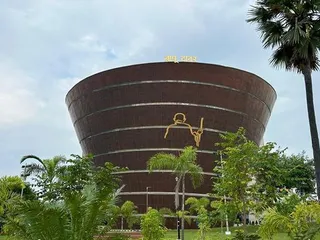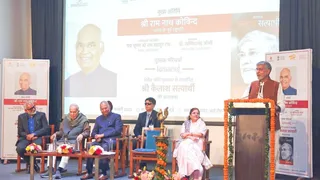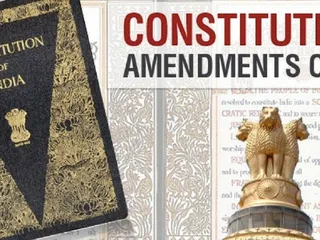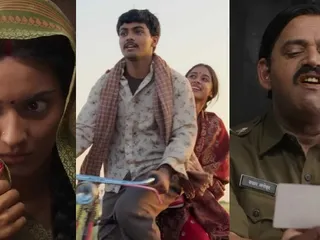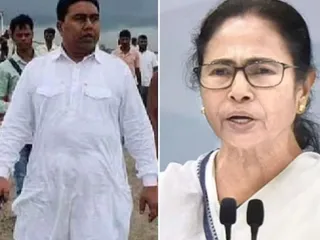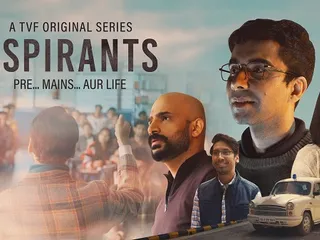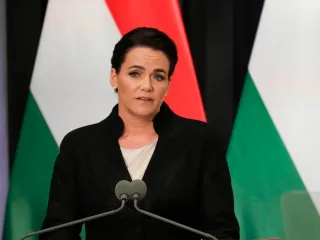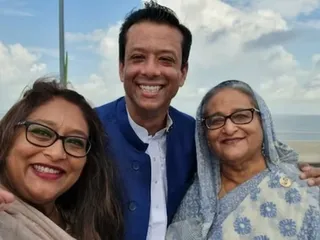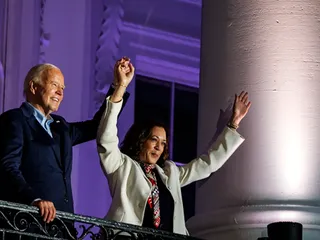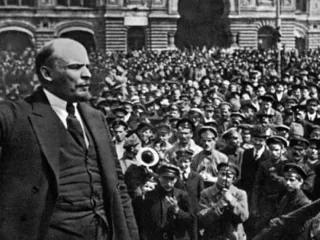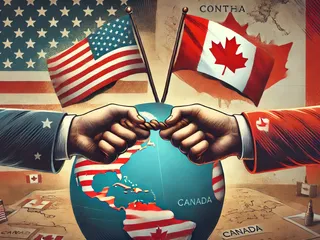Khan Abdul Ghaffar Khan, affectionately known as Bacha Khan (meaning 'young Khan'), was a towering figure in the Indian independence movement and a staunch advocate for nonviolent resistance. Born in 1890 in Utmanzai, in what is now Khyber Pakhtunkhwa, Pakistan, he emerged as a powerful leader of the Pashtun people and a significant ally of Mahatma Gandhi.
His early life was marked by exposure to both traditional Pashtun culture and the growing nationalist sentiment against British rule. Witnessing the injustices inflicted upon his people ignited his passion for social justice and political activism. Instead of resorting to armed rebellion, he chose the path of satyagraha, the philosophy of nonviolent resistance championed by Gandhi.
In 1929, Khan Abdul Ghaffar Khan founded the Khudai Khidmatgar (Servants of God), a nonviolent Pashtun movement dedicated to achieving independence from British rule. The Khudai Khidmatgar members, often referred to as the 'Red Shirts' due to their distinctive red attire, played a crucial role in mobilizing Pashtun support for the Indian National Congress. They endured brutal repression at the hands of the British authorities, facing imprisonment, torture, and widespread violence, yet their commitment to nonviolence remained unwavering.
Ghaffar Khan's deep faith and his belief in the power of nonviolent resistance were central to his leadership. He inspired countless Pashtuns to join the cause of independence, demonstrating the effectiveness of peaceful methods even against a powerful colonial force. His dedication to self-rule and his tireless work to uplift his community significantly influenced the political landscape of the region.
His relationship with Mahatma Gandhi was characterized by mutual respect and shared ideals. Both leaders emphasized the importance of peaceful methods in achieving political goals. Ghaffar Khan, often referred to as the 'Frontier Gandhi,' played a significant role in building bridges between the Congress and the Pashtun population, bringing their powerful voice into the struggle for independence.
After India's partition in 1947, Ghaffar Khan opposed the creation of Pakistan, advocating instead for a unified and independent India. This decision stemmed from his belief that the partition would destabilize the region and deepen existing communal tensions. He spent much of his later life advocating for Pashtun autonomy and enduring further imprisonment for his beliefs.
Khan Abdul Ghaffar Khan's legacy extends beyond the borders of Pakistan and India. He remains an inspirational figure for those who champion peace and social justice through nonviolent means. His life is a testament to the power of conviction, resilience, and the unwavering pursuit of freedom. His contribution to the Indian independence movement, his leadership of the Khudai Khidmatgar, and his unwavering commitment to nonviolence continue to inspire generations.


